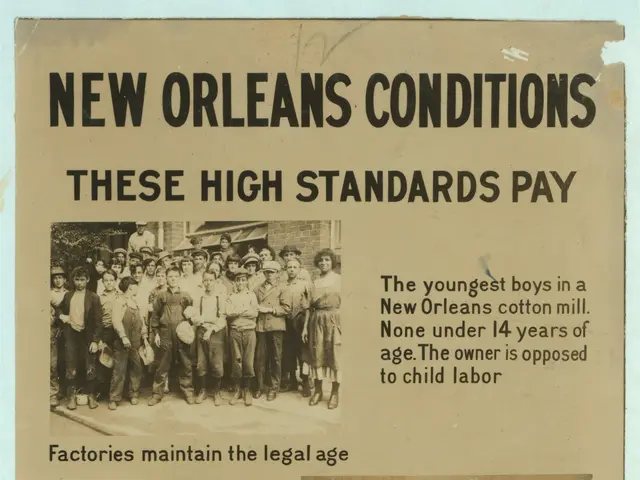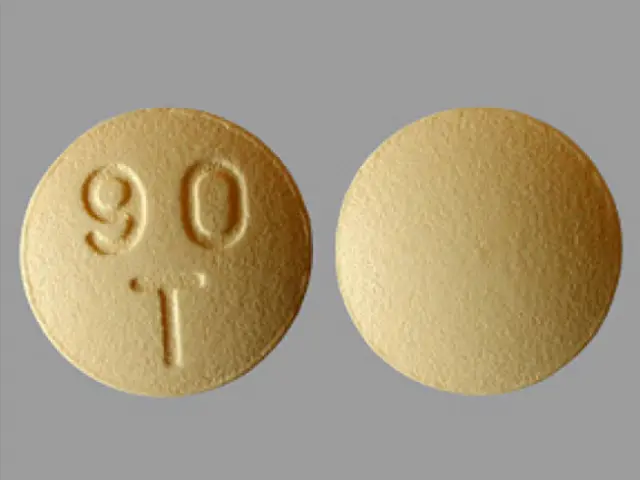International Day of Healthy Eating and Digestive Wellness: Alert for Change in Overconsumption of Processed Foods
On the international observance of World Digestive Health Day this May 29, 2025, health authorities in the Philippines voice their concerns over childhood obesity rates, a condition increasingly linked to digestive and metabolic disorders. In a joint statement issued on March 4, the World Health Organization (WHO), Unicef, and the National Nutrition Council (NNC) urged the Philippines to implement stronger food policies to combat this growing issue.
Rising Statistics
According to the aforementioned health agencies, nearly one in 10 Filipino children and roughly four in 10 adults are now overweight or obese, exceeding global standards and signaling an urgent need for tighter food regulations.
Sugary and Processed
Unicef research revealed that more than a third of food products marketed to infants and young children in the Philippines contain added sugars or sweeteners, with 87% of tested snack foods containing added sugars. The report highlighted that children are more likely to encounter unhealthy food options than nutritious ones.
Beyond Weight
A diet high in sugar, salt, and fat can lead to gut inflammation, nutrient malabsorption, and long-term illnesses such as diabetes and nonalcoholic fatty liver disease.
Controversial Advertising
A review of over 1,000 social media ads revealed that 99% promoted unhealthy food, a clear violation of WHO's marketing standards for children. Experts call for clearer food labeling and stricter advertising regulations.
"Labeling alone will not curb the aggressive promotion of unhealthy food to children," the agencies cautioned.
Change and Action
Health agencies propose measures such as a ban on the sale of unhealthy foods near schools, the enforcement of clearer food labeling, and the holding of food companies accountable for marketing violations. Retailers and restaurants are encouraged to offer healthier, affordable options.
"Policies must ban junk food in schools and curb misleading advertising," said Behzad Noubary, Unicef Philippines' acting representative.
Support and Action
The NNC reaffirmed its commitment to stronger food policies, while the WHO provided technical support to improve food labeling, reduce trans fats, and promote healthier food procurement across the Philippines.
As World Digestive Health Day underscores, promoting children's digestive health starts with what's on their plates. To ensure a healthier future for Filipino children, bold steps must be taken, beginning with significant policy changes and education about proper nutrition and regular physical activity.
- The Philippines faces an urgent need for tighter food regulations as one in 10 Filipino children and four in 10 adults are now overweight or obese.
- Unicef research shows that more than a third of food products marketed to infants and young children in the Philippines contain added sugars or sweeteners, with 87% of tested snack foods containing added sugars.
- A high-sugar, salt, and fat diet can lead to gut inflammation, nutrient malabsorption, and long-term illnesses such as diabetes and nonalcoholic fatty liver disease.
- A review of over 1,000 social media ads revealed that 99% promoted unhealthy food, a clear violation of WHO's marketing standards for children.
- Health agencies propose measures such as a ban on the sale of unhealthy foods near schools, the enforcement of clearer food labeling, and the holding of food companies accountable for marketing violations.
- To ensure a healthier future for Filipino children, bold steps must be taken, beginning with significant policy changes and education about proper nutrition and regular physical activity, with the support of organizations like Unicef and the World Health Organization.








